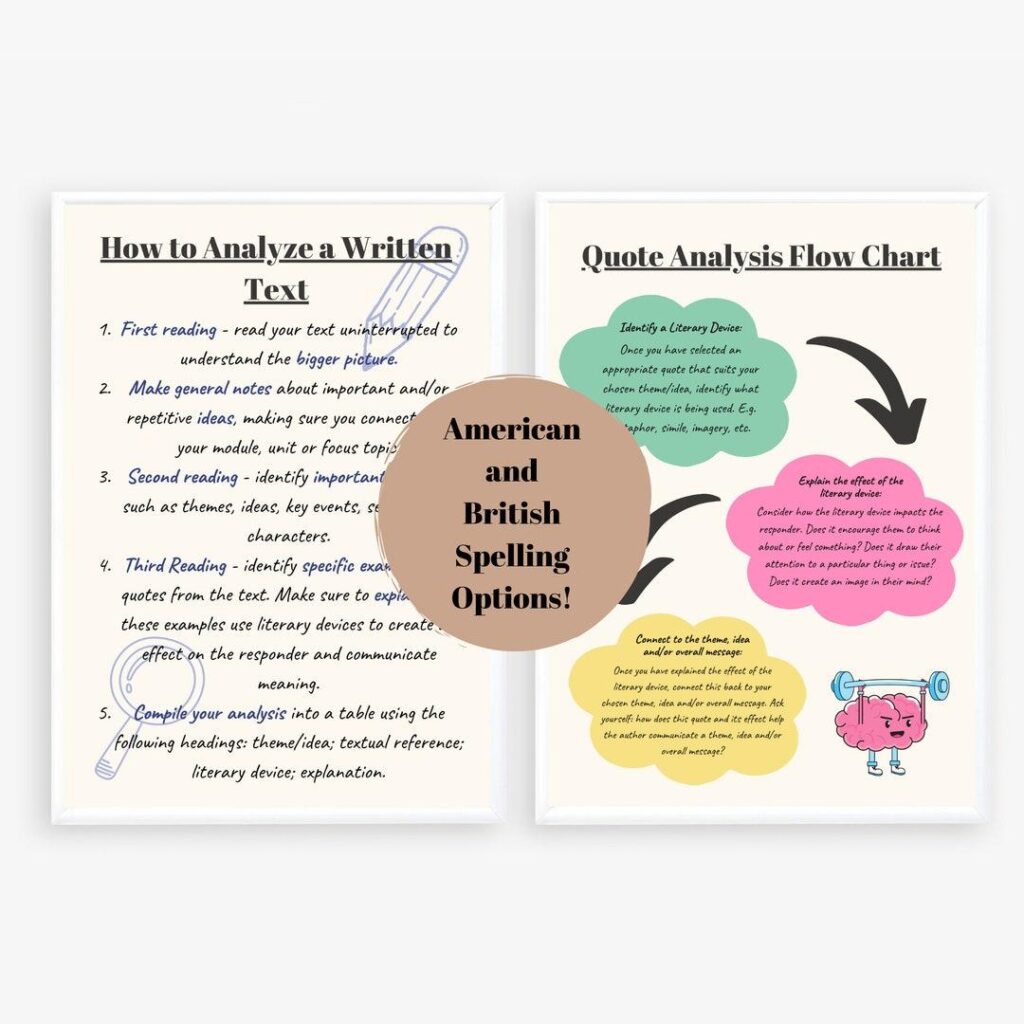Wang Yi and Botswana’s Dr. Phenyo Butale Forge Stronger Diplomatic Bonds in Strategic Dialogue
In a landmark diplomatic engagement, Wang Yi, China’s State Councilor and Foreign Minister, convened with Dr. Phenyo Butale, Botswana’s Minister of International Relations and Cooperation, to deepen the partnership between their countries. Against the backdrop of shifting global geopolitics and increasing Sino-African collaboration, this meeting highlighted both nations’ dedication to expanding cooperation across multiple domains. As China intensifies its outreach across Africa—now its largest trading partner on the continent—this dialogue signals a renewed commitment to joint efforts addressing regional development priorities and global challenges alike. The conversation emphasized boosting diplomatic relations alongside economic and cultural exchanges, setting a promising trajectory for Sino-Botswana ties on the world stage.
Strengthening Diplomatic Ties: A New Era for China-Botswana Relations
During their comprehensive discussions, Wang Yi engaged with Dr. Phenyo Butale in exploring ways to elevate bilateral cooperation through enhanced trade links, investment ventures, and cultural connectivity. Both officials underscored that mutual respect remains central to nurturing these relations while recognizing that stronger partnerships contribute significantly toward regional peace and sustainable growth.
Key areas addressed included:
- Trade Enhancement: Identifying strategies to expand commerce by easing trade restrictions.
- Investment Development: Pinpointing sectors ripe for joint investments such as infrastructure upgrades and renewable energy projects.
- Cultural Diplomacy: Encouraging educational exchanges along with arts initiatives aimed at fostering people-to-people bonds.
| Thematic Focus | Main Goals |
|---|---|
| Economic Growth | Boost bilateral trade volumes & investment flows |
| Education & Exchange Programs | Create cross-cultural learning opportunities |
| Cultural Collaboration | Nurture shared heritage through joint initiatives |
Economic Partnerships: Catalyzing Trade Expansion & Investment Between China and Botswana
The dialogue between Wang Yi and Dr. Butale placed significant emphasis on fortifying economic collaboration as a cornerstone of their relationship moving forward. They explored diverse sectors where synergy could unlock substantial benefits:
- Agricultural Trade: Strengthening supply chains to enhance food security aligns with Africa’s broader goal of reducing import dependency; recent FAO data shows sub-Saharan Africa imports over $35 billion worth of food annually—a gap this partnership aims to narrow.
- Mining Sector Cooperation:Botswana’s rich deposits—including diamonds accounting for roughly 20% of global production—offer fertile ground for joint ventures focused on sustainable resource management.
- Infrastructure Development:The two countries discussed collaborative projects targeting transport corridors like roadways connecting key economic hubs as well as clean energy infrastructure expansion aligned with Botswana’s Vision 2036 plan.
- DIGITAL INNOVATION AND TECHNOLOGY TRANSFER:Pioneering knowledge-sharing platforms will accelerate digital economy growth; China’s advancements in fintech provide models adaptable within Botswana’s emerging tech ecosystem.
To solidify these ambitions, both parties proposed negotiating a bilateral investment treaty designed to protect investors’ rights while encouraging capital inflows conducive to long-term development.
| Sectors of Collaboration | Aims/Objectives | Anticipated Results | ||||||
|---|---|---|---|---|---|---|---|---|
tbody > table >
Collaborative Approach Toward Global Environmental Challenges: Climate Action & Sustainable Development InitiativesWang Yi highlighted environmental sustainability as an essential pillar underpinning future Sino-Botswana cooperation amid escalating climate risks worldwide. He praised Botswana’s proactive stance on green policies while offering Chinese expertise in renewable technologies such as solar photovoltaic systems—which have seen installation costs drop by nearly 85% globally since 2010 according to IRENA reports. Priority areas identified include:
|

